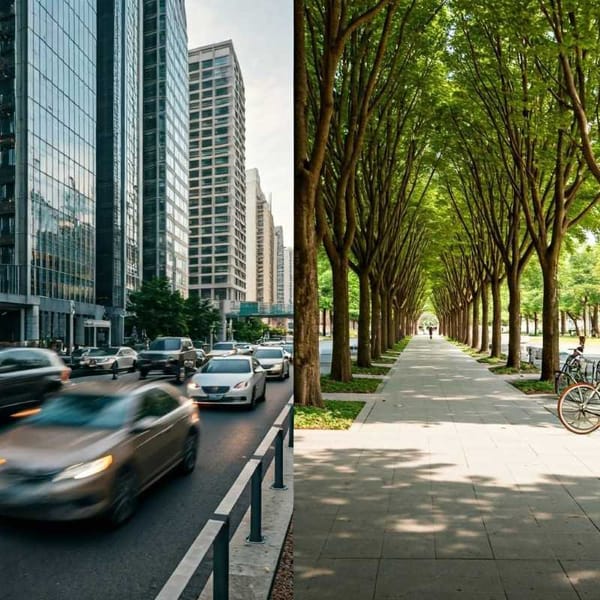Uber vs. Cabbies: A Battle for the Streets in Cancun, Mexico
The U.S. Embassy in Mexico has issued a security advisory warning American citizens of the potential dangers they may face due to the ongoing conflicts between traditional taxi drivers and ride-hailing services like Uber and Cabify in Quintana Roo, Mexico.





